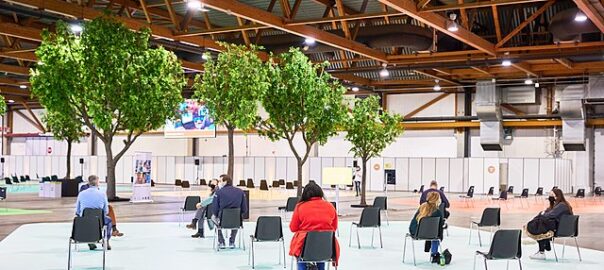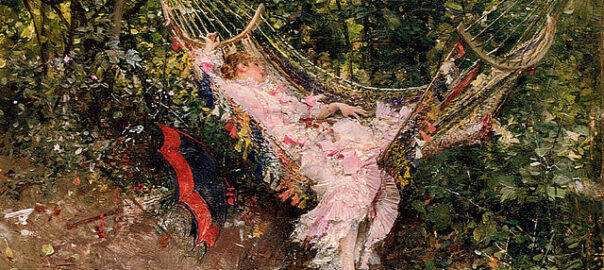av Laura Brännkärr-Väänänen, doktorand i systematisk teologi, i forskningsprojektet VaccAtt
Det pågår flera konfirmandläger runt om i Finland just nu. I denna hetta, finns det kanske någon som undrar hur mycket man måste tro för att bli konfirmerad. Om man inte vet, kan vara helt och fullt säker, räcker det? När det diskuterades under mitt eget läger, berättade någon av lägerdragarna berättelsen om Tomas, lärjungen som tvivlade. Tomas, som inte trodde på uppståndelsen före han träffade den uppståndne Jesus. Poängen var att Gud hade valt en tvivlare, att det finns rum och vilja att möjliggöra delaktighet också med dem som tvivlar. Bibelberättelsen kan tolkas mycket djupare och på flera sätt, men just nu vill jag enbart ta vara på attityden av att Tomas fick vara med.
Jag önskar att vi oftare hade en likadan attityd – att det finns plats för tvivel och osäkerhet, att man själv och andra får vara med. I livet överlag och gällande hälsa och vaccin i synnerhet. Det finns valida frågor som många ställer före man tar vaccin, och från ett medlevnadsperspektiv ska dessa inte behövas påskyndas för en snabbare vaccineringsrunda. Jag tror något går förlorat om vi är för obekväma med att stanna upp inför tveksamhet och osäkerhet. Vaccin väcker inte funderingar för alla, men för många och det är naturligt och förståeligt, också när man tror att vetenskapen och sjukvården gör sitt bästa.
Vaccinationsvilligheten är hög i Finland och vi har ett utmärkt skydd mot många sjukdomar tack vare vaccin. Samtidigt framkommer tveksamhet i det intervjumaterialet jag arbetar med inom forskargruppen VaccAtt. Flera beskriver sig ha tvekat och oroat sig före och efter vaccinering, fastän det inte är synligt i deras vaccinationshistoria – statistiskt har de tagit emot alla erbjudna vaccin enligt nationella vaccinationsprogrammets tidtabell. Statistik synliggör inte enskilda människors funderingar, frågor eller oro.
Många har också tagit och tar emot de nya vaccinerna mot covid-19. Den snabba utvecklingen av vaccin mot sjukdomen har varit möjligt tack vare flera årtiondens tidigare forskning och utveckling av teknologier. Det har också engagerat massvis med finansiärer och olika yrkesgrupper och hela vetenskapsvärlden har samarbetat på ett helt nytt sätt. Det är otroligt fint.
Under pandemin har finländares vaccinationsvillighet också varit otroligt fint. Det sagt, har säkert flera människor frågor som delvis förblivit obesvarade och många som fortfarande tvekar. Det är här som attityden av att få vara med blir viktigt, man får stanna kvar, man får undra, och man får lita och hoppas.
Tveksamheten behöver tas på allvar för att ta vara på den tillit och villighet finländare har, samtidigt som den inte ska överbetonas. Vi kan erkänna den, vi kan synliggöra den, och vi kan lära oss leva med den på ett bättre sätt. Tveksamhet behöver inte vara en fiende eller en svaghet. Vetenskapen och sjukvården gör sitt bästa, och jag hoppas vi som medmänniskor gör vårt för att stanna och möta varandra.
Om du ännu inte lyssnat, lägg dig i hängmattan och hör på VaccAtts forskningsledare och min handledare, Mikael Lindfelts sommarprat på Yle Vega.
[bild: People in the relaxation room of the vaccination centre.jpg]



